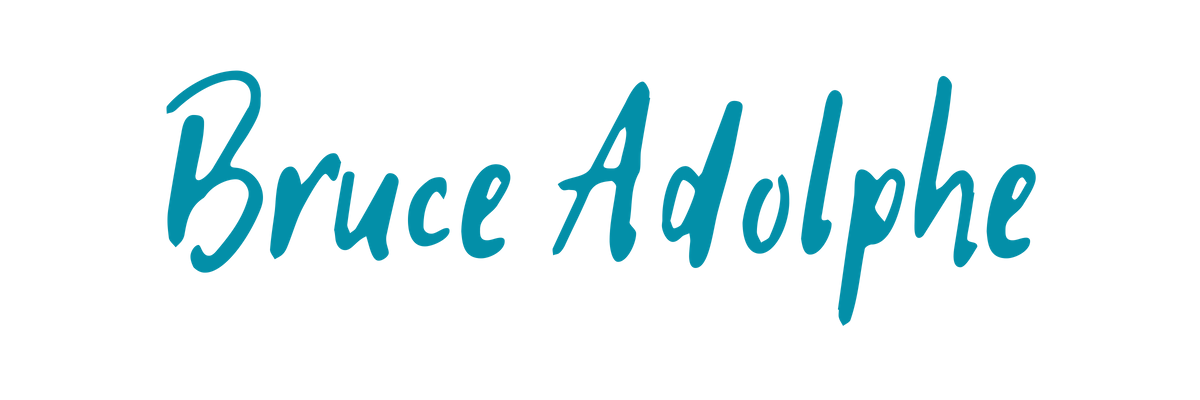“His original compositions convey a compelling voice, high craft, authenticity, communicative immediacy and substance.”
Composer, author, lecturer, and performer Bruce Adolphe — known to millions of Americans from his public radio show Piano Puzzlers, which was broadcast weekly on Performance Today, hosted by Fred Child from 2002 to 2025 — has created a substantial body of chamber music and orchestral works inspired by science, visual arts, and human rights. Mr. Adolphe has composed several works based on writings by neuroscientist Antonio Damasio: Body Loops (piano and orchestra); Memories of a Possible Future (piano and string quartet); Self Comes to Mind (solo cello and two percussionists); Obedient Choir of Emotions (chorus and piano); and Musics of Memory (piano, marimba, harp, guitar). Yo-Yo Ma premiered Self Comes to Mind, with a text written by Antonio Damasio especially for the project, in 2009 at the American Museum of Natural History in New York. Mr. Adolphe’s other science-based music include Einstein’s Light for violin and piano, recorded by Joshua Bell and Marija Stroke on Sony Classical. Among his human rights works are I Will Not Remain Silent for violin and orchestra and Reach Out, Raise Hope, Change Society for chorus, wind quintet, and three percussionists, both recorded on the Naxos/Milken Archive label. His string octet Thakla, an Arabic word meaning a parent’s grief over the death of a child, was premiered in 2025 by Accordo in Minneapolis (recording on YouTube). Mr. Adolphe is the resident lecturer and director of family concerts for the Chamber Music Society of Lincoln Center and the author of several books, including Visions and Decisions: Imagination and Technique in Music Composition (Cambridge, 2023); The Mind’s Ear (third edition, OUP, 2021), and Dreaming and Thinking in Music: Exercises Exploring Inspiration and Imagination in Musical Creativity (OUP, 2025). He contributed the chapter “The Musical Imagination: Mystery and Method in Musical Composition” to the book Secrets of Creativity: What Neuroscience, the Arts, and Our Minds Reveal (OUP, 2019), an anthology of writings by neuroscientists and artists. Mr. Adolphe contributed the chapter “The Sound of Human Rights: Wordless Music that Speaks for Humanity” to The Routledge Companion to Music and Human Rights (2022).
Click here to read a longer biography.

